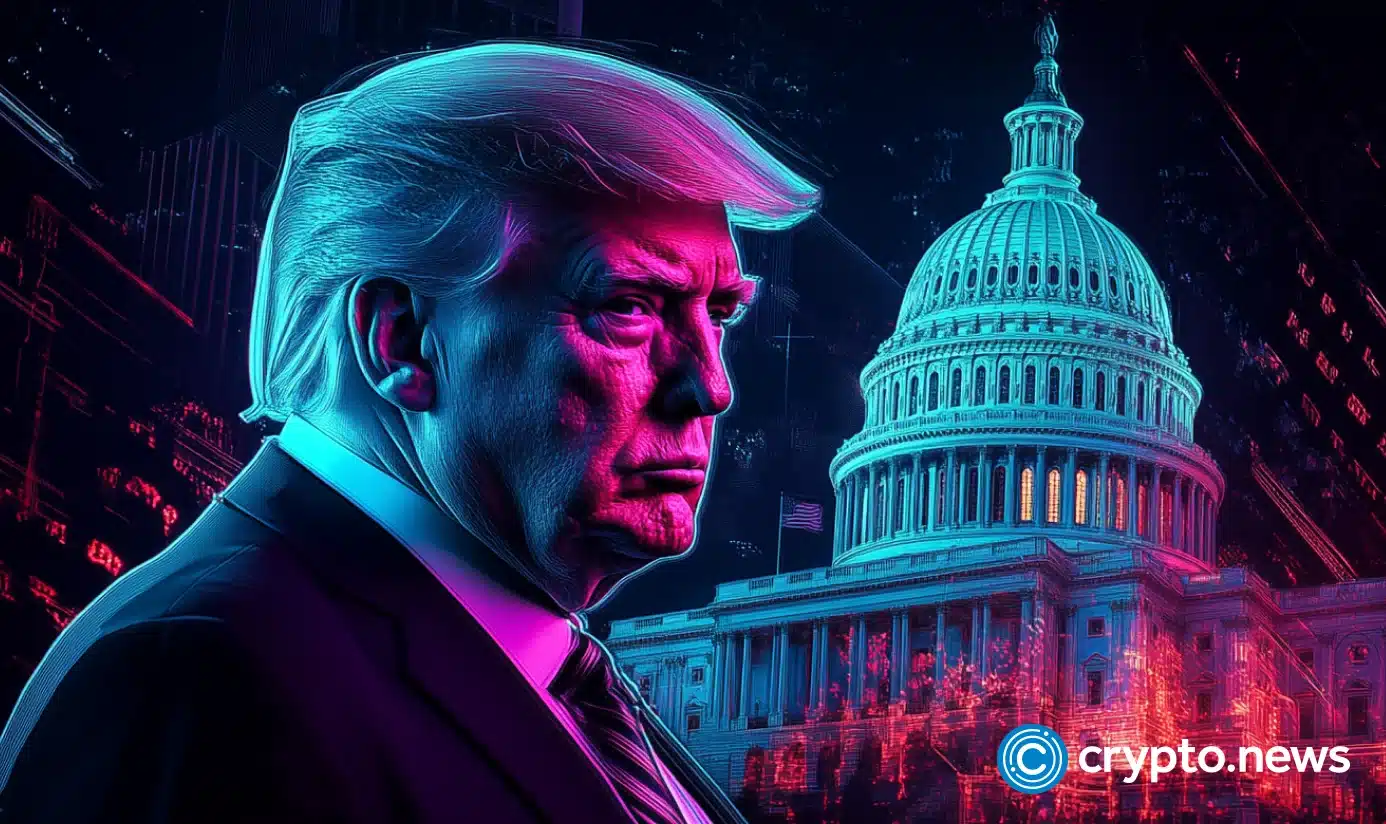

As of March 12, a recent report from Nansen indicates that the U.S. government holds 195,234 Bitcoin, valued at over $16 billion.
Alongside Bitcoin, the government’s cryptocurrency holdings also encompass Ethereum (ETH) valued at $4.6 million, stablecoins such as USDC, and yield-bearing assets including DAI and AUSDC_V2.
New legislation proposed by Rep. Nick Begich has the potential to greatly enlarge the government’s cryptocurrency assets. The House Strategic Bitcoin Bill aims to acquire 1 million BTC, representing roughly 5% of Bitcoin’s total supply, over the upcoming five years. If passed, the total cost based on current market values would amount to around $110 billion.
Market Consequences
If the bill is enacted, the U.S. government’s Bitcoin reserves would surpass the estimated 1.1 million BTC attributed to Bitcoin’s mysterious creator, Satoshi Nakamoto. This would grant the government significant authority over market liquidity and price stability, potentially boosting Bitcoin’s value and shifting overall market dynamics.
However, such substantial ownership raises concerns about the centralization of an asset that is fundamentally intended to be decentralized. Large-scale acquisitions by the government could establish it as a price influencer within the Bitcoin market, which critics argue undermines the core principles of cryptocurrency.






